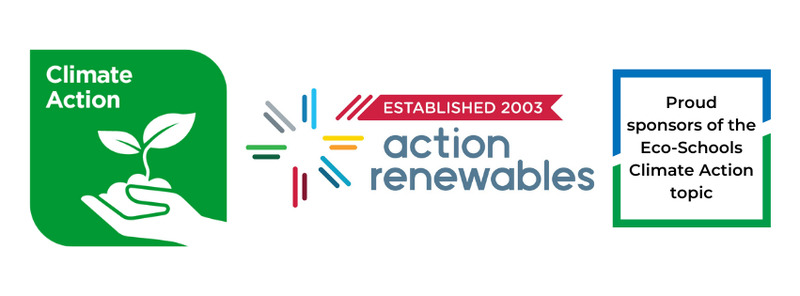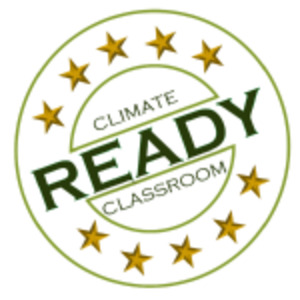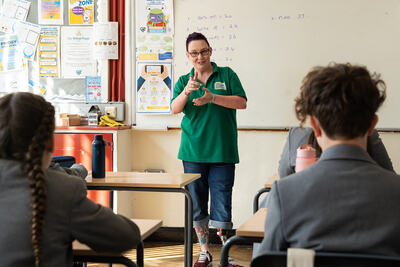Climate Change

Become a Climate Ready Classroom!
The Climate Ready Classroom Award helps schools meet the climate change module for the International Green Flag and supports students and teachers in learning about climate change and sustainability.


How to Achieve Climate Ready Status
To become a Climate Ready Classroom, both the teacher and class must complete one of the approved free programmes below:
For Teachers (Choose One):
-
Carbon Literacy Training (1 full day – certified) - Bookable here.
-
Climate Smart Teacher Training (2.5 hours – CPD certified) - Bookable here.
-
Introductory Climate Change Briefing (1.5 hours) - Bookable here.
For Pupils (Choose Based on Key Stage):
Nursery / KS1:
-
Use Weatherbies books/videos to explore environmental care
KS2:
-
Complete the Climate CALM programme (7 lessons)
-
Attend a Your Climate Future 1-hour workshop - Bookable here.
KS3:
-
Attend a Climate Smart Briefing (2.5 hours – CPD certified) - Bookable here.
-
OR complete Climate CALM
-
OR work towards the OCN NI Level 2 Certificate or OCN NI Level 2 Award
KS4:
-
Complete Carbon Literacy Training - Bookable here.
-
OR attend a Climate Smart Briefing - Bookable here
These workshops are free to book, funded by the Department of Agriculture, Environment & Rural Affairs through the Carrier Bag Levy.
What Can Schools Do?
-
Reduce your carbon footprint (calculate, cut energy use, walk to school)
-
Take Climate Action – plant trees, write to MPs, use renewables
-
Join workshops and training
-
Complete the OCN NI Level 2 Certificate in reducing carbon footprints
-
Run awareness campaigns on food miles, plastic waste, and climate justice
